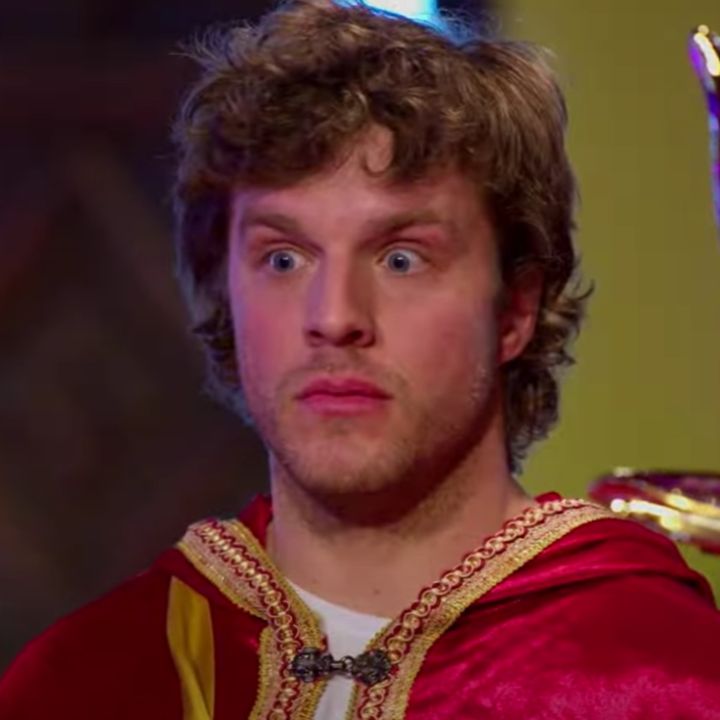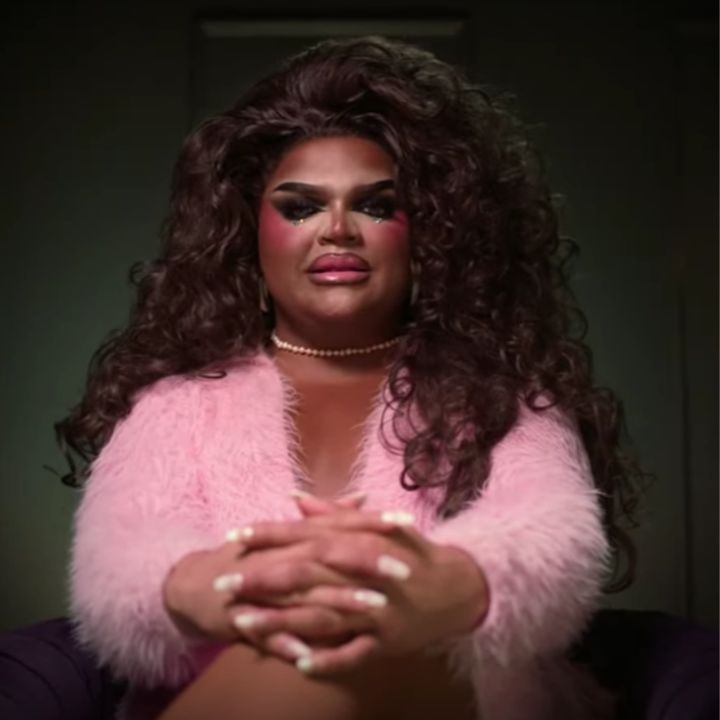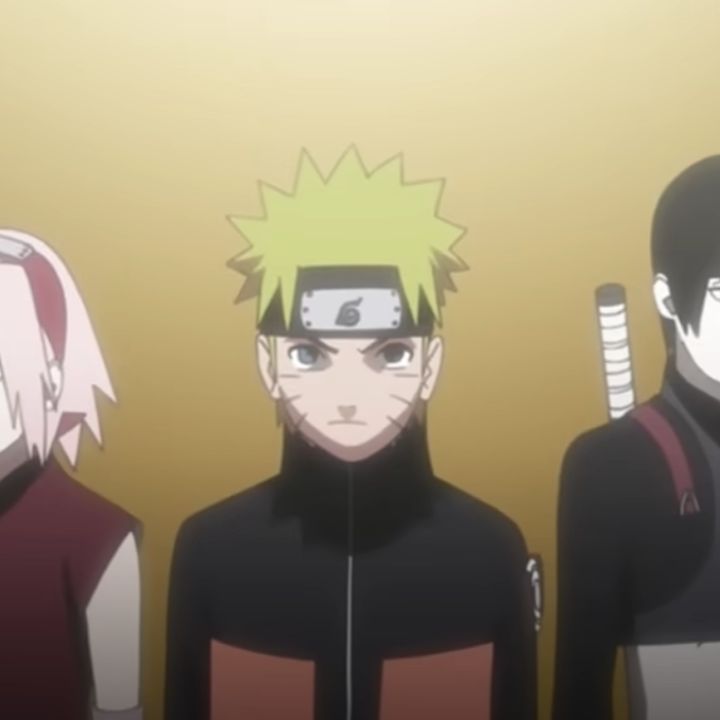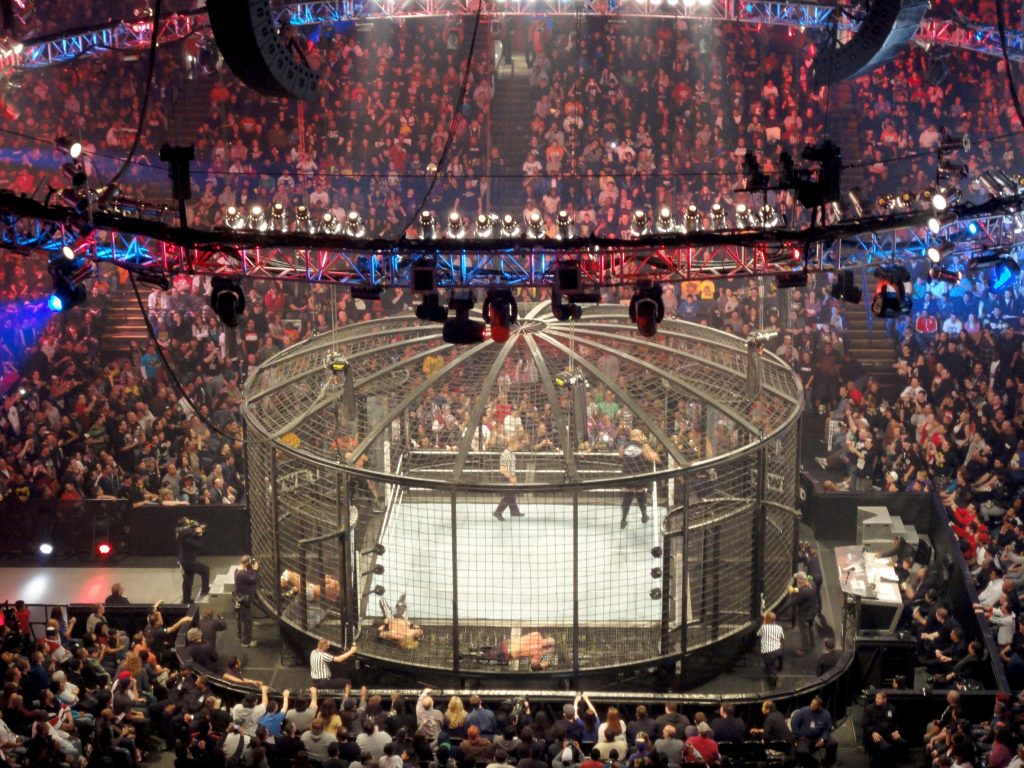In a world where reality TV often blurs the line between fact and fiction, it’s refreshing to find shows that stay true to their unscripted roots. While many programs are criticized for staged drama and scripted scenarios, some series stand out for their authenticity and genuine portrayal of human experiences. If you’re seeking unscripted reality TV that offers real emotions, challenges, and stories, here are five shows that deliver just that.
1. Survivor
Since its debut in 2000, Survivor has been a pioneer in the realm of reality competition shows. Contestants are stranded in remote locations, forced to rely on their wits, physical endurance, and social strategies to outlast their peers. While some elements are structured, such as challenges and tribal councils, the interpersonal dynamics and alliances are unscripted and evolve naturally. The show’s longevity and popularity are testaments to its compelling, real-life drama.
2. The Amazing Race
View this post on Instagram
The Amazing Race takes teams of two on a global adventure, racing through various countries and cultures. The show’s authenticity shines through as contestants face real-world challenges, navigate unfamiliar terrains, and interact with locals. Unlike other reality shows, the focus is less on manufactured drama and more on the genuine experiences and reactions of the participants. The unpredictable nature of travel ensures that each episode offers fresh and unscripted content.
3. Naked and Afraid
View this post on Instagram
In Naked and Afraid, two strangers are dropped into the wilderness without clothes, food, or water, tasked with surviving for 21 days. The show is renowned for its raw portrayal of survival, with participants facing real dangers like harsh weather, wild animals, and limited resources. There are no scripts or staged scenarios; the challenges and interactions are as real as they come. The authenticity of the survival experience is what captivates viewers.
4. Catfish: The TV Show
View this post on Instagram
Catfish delves into the world of online relationships, uncovering the truths and deceptions behind digital personas. Hosts Nev Schulman and Kamie Crawford assist individuals in confronting their online partners, leading to real, often emotional revelations. The show’s strength lies in its genuine exploration of human emotions, trust, and the complexities of modern relationships. Each episode presents a unique, unscripted journey of discovery.
5. The Real World
As one of the original reality TV shows, The Real World set the standard for unscripted television. Bringing together diverse individuals to live under one roof, the show captures their interactions, conflicts, and personal growth. Its commitment to showcasing real-life issues, from relationships to societal challenges, has made it a staple in authentic reality programming. The unfiltered portrayal of its cast members’ lives resonates with audiences seeking genuine content.
Embracing Unscripted Reality TV
While the reality TV landscape is saturated with scripted and staged content, these five shows stand out for their commitment to authenticity. They offer viewers a glimpse into real human experiences, emotions, and challenges, proving that unscripted reality TV can be both entertaining and enlightening. As audiences continue to seek genuine content, the success of these programs underscores the value of keeping it real.
Which unscripted reality TV show resonates with you the most? Share your thoughts and favorites in the comments below!
Read More
What Are The Fakest Reality Shows On TV Today?
Gabby Windey’s Net Worth in 2025: From ICU Nurse to Reality TV Star

Amanda Blankenship is the Chief Editor for District Media. She frequently writes for a handful of blogs and loves to share her own personal finance story with others. When she isn’t typing away at her desk, she enjoys spending time with her daughter, son, husband, and dog. During her free time, you’re likely to find her with her nose in a book, hiking, or playing RPG video games.






